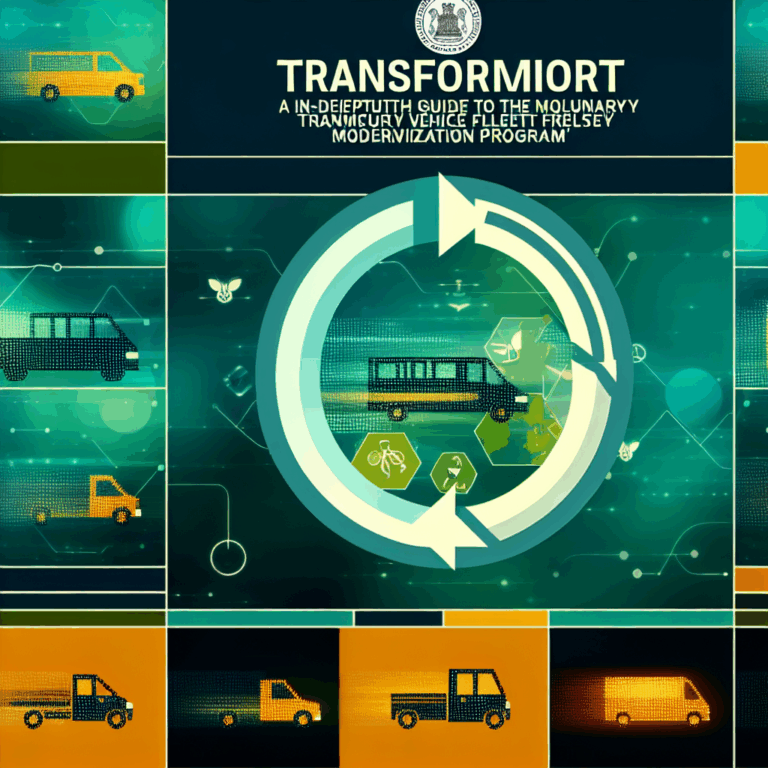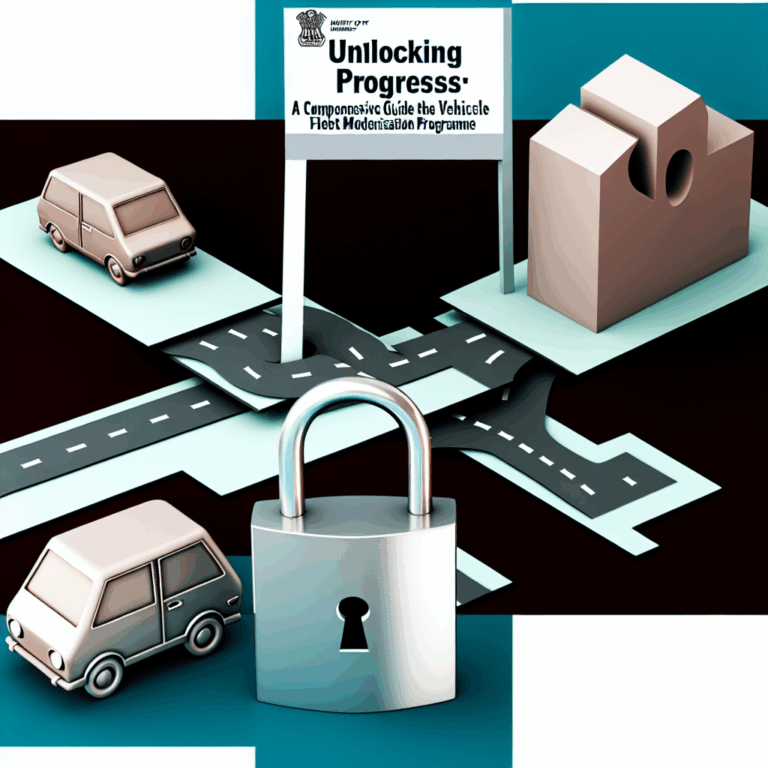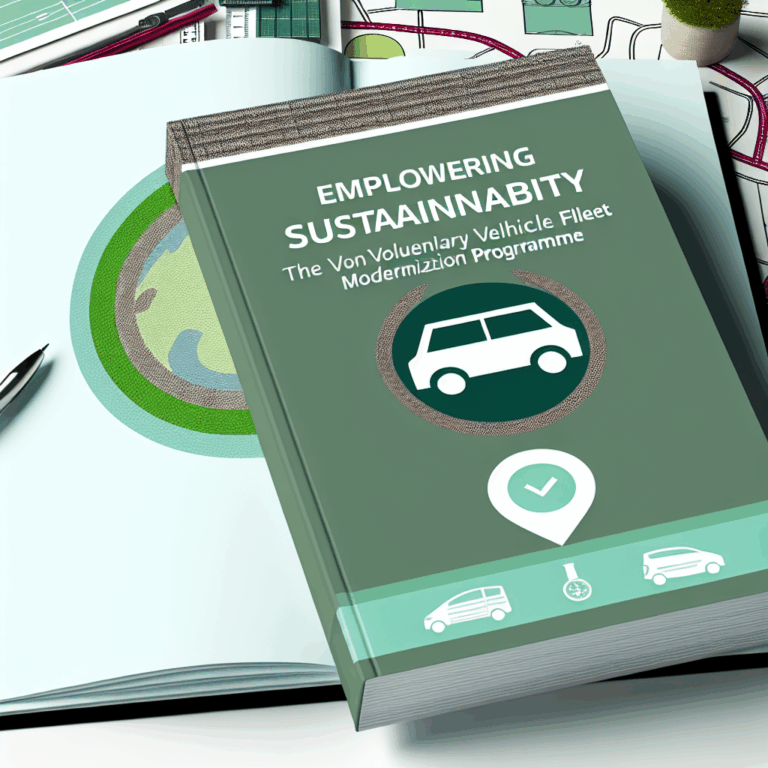Copyright @ 2023 www.digimitr.com. All rights reserved.

Unlocking Solar Benefits: A Comprehensive Guide to Pradhan Mantri Kisan Urja Suraksha Evam Utthaan Mahabhiyan (PM KUSUM) for Farmers
Discover the important features of the government scheme titled “Unlocking Solar Benefits: A Comprehensive Guide to Pradhan Mantri Kisan Urja Suraksha Evam Utthaan Mahabhiyan (PM KUSUM) for Farmers”. This program is overseen by the relevant ministry and aims on delivering benefits to eligible beneficiaries.
Here is a comprehensive overview:
In the context of India’s agrarian economy, sustainable energy solutions are indispensable for enhancing productivity and ensuring farmers’ profitability. One such initiative is the Pradhan Mantri Kisan Urja Suraksha Evam Utthaan Mahabhiyan (PM KUSUM), launched by the Indian government. This program is designed to promote the use of solar energy in agriculture, promoting both environmental sustainability and energy self-sufficiency for farmers. By enabling farmers to harness solar energy, PM KUSUM aligns with the government’s commitment to renewable energy and rural development.
The PM KUSUM scheme is tailored for farmers with specific eligibility requirements aimed at promoting equitable access. The primary eligibility criteria include:
- Farmers must own arable land, which can include individual or cooperative farms.
- The application must be for agricultural purposes such as irrigation or other agricultural activities.
- Farmers must demonstrate creditworthiness and capacity to undertake the project, which usually involves financial assessment.
Cooperative societies and farmer producer organizations (FPOs) also qualify under the scheme, ensuring a broader reach and collaborative benefits.
The PM KUSUM scheme incorporates several features aimed at empowering farmers:
- Solar Pump Installation: The scheme encourages the installation of solar-powered pumps for irrigation, reducing dependency on conventional diesel or electric pumps.
- Grid-Tied Solar Plants: Farmers can set up grid-connected solar power plants, selling excess power back to the grid, ensuring a continuous income stream.
- Financial Assistance: The government provides a substantial subsidy, covering up to 60% of the total project cost depending on the circumstances, significantly lowering initial financial barriers for farmers.
- Focus on Sustainability: PM KUSUM energizes sustainable farming practices by reducing carbon footprints and promoting renewable energy in agriculture.
The benefits extend far beyond cost savings; they include enhanced agricultural productivity, reduced electricity costs, increased rural employment, and improved livelihoods for farming families.
The process for applying under PM KUSUM is straightforward, aimed at reaching as many farmers as possible:
- Registration: Farmers must register through the Ministry of New and Renewable Energy (MNRE) portal or state nodal agencies.
- Document Submission: Required documents include proof of land ownership, identity verification, and Aadhaar registration.
- Project Proposal: After registration, farmers need to submit a project proposal outlining the scope of the solar installation.
- Approval and Installation: Once the proposal is approved, the installation process can commence, followed by rigorous inspections and verification by authorities.
To facilitate the implementation of PM KUSUM, the Indian government has earmarked substantial funding. The total outlay for the scheme is approximately ₹34,422 crore over a span of four years. This allocation is designated for:
- Subsidy support for purchasing solar pumps and installation services.
- Capacity building for farmers to ensure they are skilled in operating solar equipment.
- Infrastructure development to support grid-tied solar projects.
By easing the financial burden on farmers, the initiative fosters widespread participation, driving the adoption of renewable energy in agricultural practices.
Since its launch, PM KUSUM has made significant strides in promoting solar energy among farmers. Initial reports indicate that thousands of solar pumps and plants have been set up across the country. Key achievements include:
- Installation of over 1 lakh solar pumps, significantly improving irrigation in water-scarce regions.
- Boosting farmers’ incomes, with many now earning additional revenue by selling surplus electricity to the grid.
- Strengthening rural economies by creating jobs in the solar energy sector and related fields.
The overall impact aligns with India’s renewable energy goals and contributes to enhanced sustainability in farming practices.
Despite its successes, PM KUSUM faces certain challenges:
- Awareness and Understanding: Many farmers remain unaware of the benefits and processes involved in the scheme, necessitating significant outreach efforts.
- Technology and Maintenance: There is a knowledge gap regarding the operation and maintenance of solar technology, creating reliance on external technicians for regular upkeep.
- Financial Barriers: While subsidies assist, not all farmers may be financially capable of bearing the non-subsidized costs upfront.
As of 2023, PM KUSUM continues to evolve with new initiatives aimed at improving farmer participation. The government has introduced additional incentives for states to enhance their outreach and expedite project approvals. Moreover, digital platforms have been established to facilitate seamless application processes, ensuring farmers can access support without bureaucratic hurdles.
Recent pilot programs have also been launched to integrate smart technologies with solar systems, aiming to increase efficiency and provide real-time data analytics for crop and energy management.
The Pradhan Mantri Kisan Urja Suraksha Evam Utthaan Mahabhiyan is a significant initiative that empowers farmers through the adoption of solar energy, contributing towards a sustainable agricultural future. By providing financial support and improving access to renewable energy technologies, PM KUSUM not only aids in enhancing farmers’ productivity but also plays a crucial role in the overall socio-economic development of rural India. Effectively addressing challenges related to awareness, technology, and financial constraints will be essential for the program’s ongoing success and expansion.
1. Who can apply for the PM KUSUM scheme?
Farmers who own arable land can apply for the PM KUSUM scheme, including individual farmers and cooperatives. The application must target agricultural activities such as irrigation.
2. How much subsidy can farmers expect from the scheme?
The government offers considerable financial support, with subsidies of up to 60% of the project cost, depending on the specific circumstances and type of installations.
3. What types of projects are eligible under PM KUSUM?
Eligible projects include solar-powered irrigation pumps, grid-tied solar power plants, and other initiatives aimed at optimizing energy usage in agriculture.
For more information, check out official government site,
Official government website or relevant source not provided.
Stay updated on related schemes and initiatives using hashtags: #Unlocking #Solar #Benefits #Comprehensive #Guide #Pradhan #Mantri #Kisan #Urja #Suraksha #Evam #Utthaan #Mahabhiyan #KUSUM #Farmers
Feel free to share about this scheme in the comments below!





